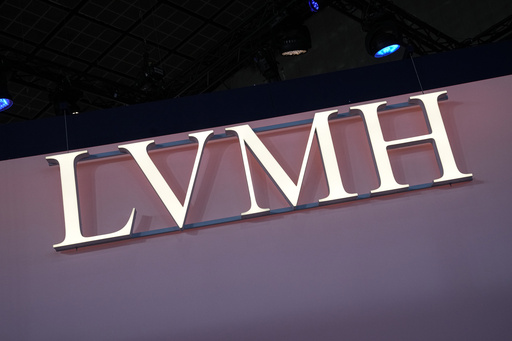PARIS (AP) — A pioneering bill to curb the rampant pace of fast fashion won unanimous approval in the lower house of the French Parliament, making France one of the first countries worldwide to target the influx of low-cost, mass-produced garments predominantly from China.
The fashion industry is among the world’s biggest producers of greenhouse gas emissions. France is seeking to reduce the allure of fast fashion items, setting a precedent in the fight against the environmental degradation they cause.
Lawmakers on Thursday unanimously approved the bill, greenlighting it for the Senate to consider — either to approve it, or to tweak it and send back to the lower house — before it can become law.
Christophe Bechu, the minister for ecological transition, hailed the vote as a historic step toward reining in the “excesses” of fast fashion. The bill will introduce stringent measures, including banning advertising for the most inexpensive textiles and imposing an environmental levy on these low-cost products.
The bill specifically targets fast fashion giants, calling for companies to disclose their products’ environmental impact. This move seeks to pivot the industry toward more sustainable practices, encouraging transparency and accountability.
It’s a measure that promotes environmental protection and aims to safeguard France’s prized high fashion industry. By coincidence, this comes during a week when French President Emmanuel Macron feted luxury giant LVMH CEO Bernard Arnault with the Légion d’Honneur, France’s greatest civilian honor, in a star-filled private ceremony that included Beyoncé.
Renowned for luxury brands such as LVMH’s Louis Vuitton and Chanel, France has seen its lower-end market sectors suffer due to stiff competition from fast fashion retailers like Zara, H&M, and the emerging Chinese powerhouses Shein and Temu.
By imposing these measures, France aims to level the playing field and promote a more sustainable fashion landscape.
However, producers such as Shein have countered the criticism, long arguing that their business model, albeit fast, effectively keeps the proportion of unsold garments very low. This, they claim, contributes to reducing waste—a crucial aspect of sustainability in fashion.
Luxury giants such as LVMH and Kering regularly face criticism for the billions of dollars of unsold inventory yearly.
French supporters of the bill argue it paves the way for future action, including a proposed EU-wide ban on the export of used clothing to tackle the escalating problem of textile waste.
This website uses cookies so that we can provide you with the best user experience possible. Cookie information is stored in your browser and performs functions such as recognising you when you return to our website and helping our team to understand which sections of the website you find most interesting and useful.
